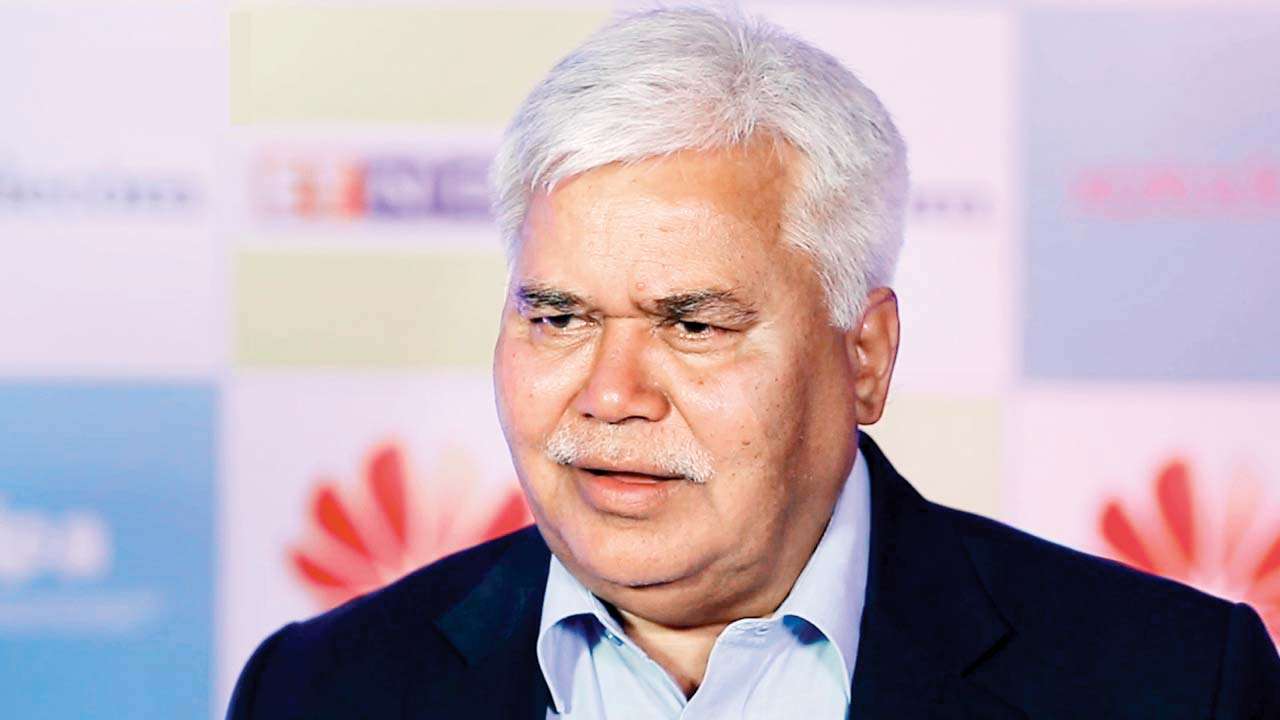
Free has no meaning where there is no (internet) connectivity, R S Sharma, chairman, Telecom Regulatory Authority of India (Trai) says while advocating free and open internet for all. In an interview with Mansi Taneja, Sharma says nobody should guide consumer choices on internet by providing them incentives either from price point of view or throttling and fast lanes. Edited excerpts:
Will not comment on what approach US has taken. The only thing I can say is that US’s approach may be suitable for the US. As far as India is concerned, we have taken this approach considering the broad situation and context of our country. We have done what is good for our country.
There are a lot of peculiarities in Indian situation. First, there are about 500 million internet users and the number is going to increase very soon considering the government’s Digital India programme and the its emphasis on providing better connectivity either through BharatNet or other methods.
That being the case, a lot of innovation is going to happen around the internet, lot of government services are going to ride on the internet. Therefore, it is important that internet as a platform, which is going to become a host to a lot of innovations, should be kept open.
This is the broad overarching principle on which we have taken this decision.
Innovation does not mean that innovators or promoters of a particular programme or strategy, whether it is a telecom service provider or somebody else, will have to run around to get his innovation accessible to people. Keeping pipes and content separate is the best and most efficient way to promote innovation. An open internet is the best ecosystem in our Indian system.
Providing something for free will not increase availability or affordability. If something is not available, it has no meaning for them. For instance, if there is no connectivity in a village, free has no meaning there.
If something is free universally, I can understand. But, if freedom is to ensure that the choices of the consumers are constrained or guided in some way, that is a bit of a problem.
Ultimately, we should understand that one of the other principles of net neutrality is that internet should be a platform free from discrimination of any kind and consumers must have the choice to access what they want.
Nobody should guide consumer choices either by providing them incentives or disincentives, either from price point of view or throttling and fast lanes.
Some services which require assured quality of services, are time critical. For example, in a remote surgery, if there is no quality of service, the surgery will fail. Similarly, for autonomous/driverless cars, if the latency issues are not resolved, there will be an accident. In a situation where a number of offices of a corporate is connected through leased lines, you can assure connectivity. Typically, such services do not use public internet.
So, those services which have some specific requirements or which require special treatment may be classified as specialised by the Department of Telecommunications. The principles of net neutrality would not apply to them.
These services may not really be internet related. They would basically require specialised resources and should not be used as substitute for internet. We cannot hardcore these specialised services because they may continue to develop. We have given a flavour of the services and the Department of Telecommunications may specify what these would be.
CDNs are like original equipment manufacturers (OEMs)) - They manufacture for everybody. CDNs are the one who cater to various content providers. They house their servers near the service providers or sometimes in their own networks. They are essentially facilitating and not discriminatory in any sense.
Secondly, we have also said there should be a disclosure as to what kind of arrangement a telecom service provider has with a CDN.
One should not violate any net neutrality principles in the garb of CDNs. We have suggested a multi-stakeholder body, which will be industry led and will look into all such issues.
It is quite contrary. We have the experience of broadcasting sector where we have Broadcasting Audience Research Council which looks into ratings and viewership numbers, and is a multi-stakeholder body.
We did not want to create a bureaucratic structure, we wanted to create an industry led multi-stakeholder body which should ensure that basic net neutrality principles are not violated. This is a technology field, some policemen cannot supervise. This body will have to deploy multiple tools as it will keep on evolving. A static body is not a great idea, and what we have proposed will be much more effective.
OTT is a connected topic but not central to the net neutrality issue. The debate over OTT revolves around whether any regulatory imbalance exists or not. They are applications riding on internet not using fast lanes. That is why we have kept it separate. We will be soon issuing a fresh consultation paper on OTT.
We are working on it. Their new operating system provides some facility where we can access SMS logs. We will leverage that and try to write an application on top it.